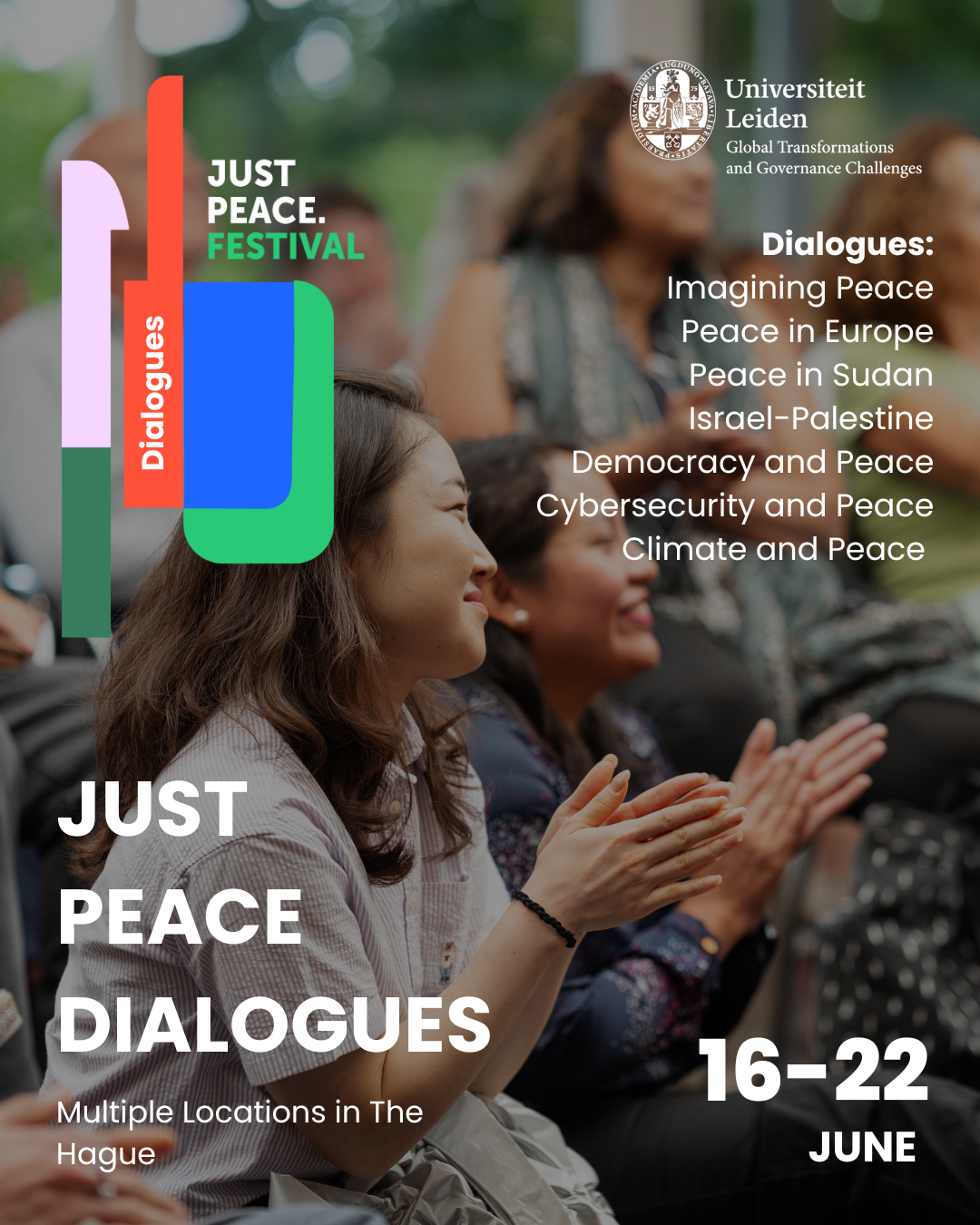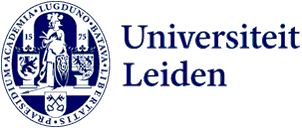
A Crisis Forgotten: Sudan
Since April 2023 the current war in Sudan has brought larger death, destruction, and displacement than any other ongoing armed conflict on earth. And yet, international media coverage of the conflict remains limited.
According to the most recent United Nations High Commissioner for Refugees (UNHCR) report, 11.3 million people have been displaced. Among them, around 8 million are internally displaced within Sudan and nearly 3 million have fled to neighbouring countries as refugees.
In words of Fatima Zainelabdin, Executive Director of the Sudanese Refugees Organization, “Sudan is facing one of the worst humanitarian crises of our time—yet it remains largely ignored by global media and political agendas. Since April 2023, millions have been displaced, thousands killed, and entire communities left without access to healthcare, education, or basic security. This isn’t just a Sudanese issue, it’s a global justice issue".

Most Sudanese refugees have escaped to the Central African Republic, Chad, Egypt, Ethiopia, Libya, South Sudan and Uganda. These countries are shouldering a disproportionate responsibility on behalf of the international community.
Inside the Sudanese borders, most humanitarian indicators have surpassed emergency levels. Beyond displacement, almost half of Sudan's population are in need of humnitarian assistance. In fact, famine was confirmed in North Darfur in August of last year.
The UNHCR warns that is the conflict continues, the already dire humanitarian crisis will worsen. Which means that more people will be displaced and even the most basic needs will not be met, including food, sanitary conditions, and clean water.
Though considered by experts as one of the worst humanitarian crises in recent times, this conflict has not only been underrepresented in the media. Funding has also been a challenge for aid oragnisations. In fact, the UNHCR has stated that it needs over $1.000 billion to address the emergency situation in the region, but only 40% of the amount has been received (as of 31 October 2024).
In this context, Leiden University's Global Transformation and Governance Challenges programme has put together a panel discussion to discuss the crisis with Sudanese experts; the Just Peace Dialogue on Peace in Sudan.
This dialogue brings together wise thinkers and excellent speakers from academia, civil society, policymakers, and youth to discuss how peace can be brought back to Sudan. What kind of creative and hopeful scenarios can be envisioned for peace in Sudan? What would be the key ingredients for a lasting peace?
"As someone who lived through the first days of the war and now works with Sudanese refugee communities in the Netherlands, I believe it’s urgent that we come together to talk about peace—not in abstract terms, but in real, actionable ways. The Peace in Sudan Dialogue is a space for reflection, solidarity, and responsibility. If you care about justice, dignity, and human rights, this is where your voice matters" – Fatima Zainelabdin, Speaker at the Peace in Sudan Dialogue

About the Just Peace Dialogues
The Just Peace Dialogues are a set of meetings for public deliberation of key aspects of building peace in today’s world. The dialogues are held from 16 to 22 of June and address each of the festival’s six main themes. The aim is stimulate creative discussion about conditions for a just peace in contemporary society.
The dialogues are:
- Imagining Peace (16 June 2025 16:00 - 19:00);
- Peace in Europe (17 June 2025 16:00 - 19:00);
- Peace in Sudan (18 June 2025 16:00 - 19:00);
- Peace in Israel-Palestine (19 June 16:00 - 19:00);
- Democracy and Peace (20 June 2025 16:00 - 19:00);
- Cybersecurity and Peace (21 June 14:00 - 17:15);
- Climate and Peace (22 June 14:00 - 17:15).
